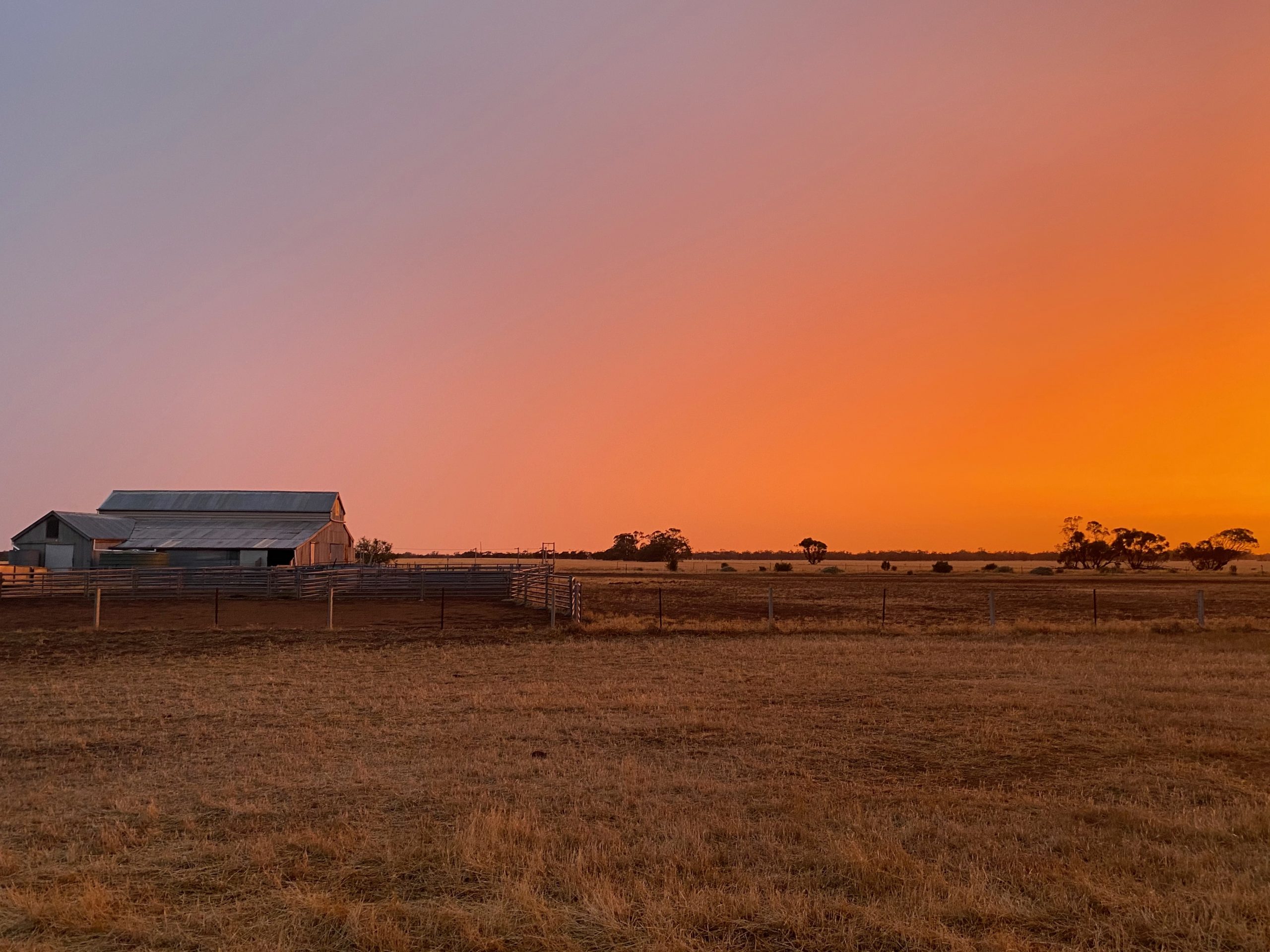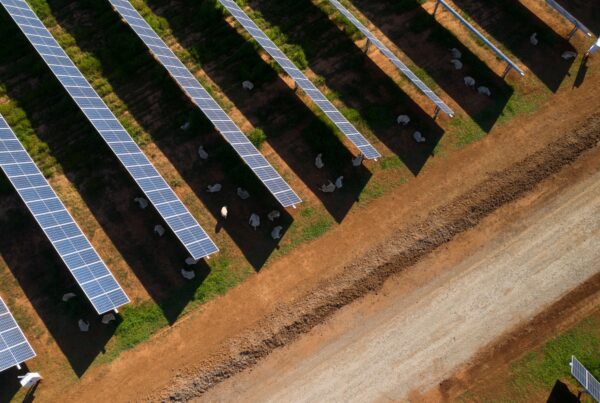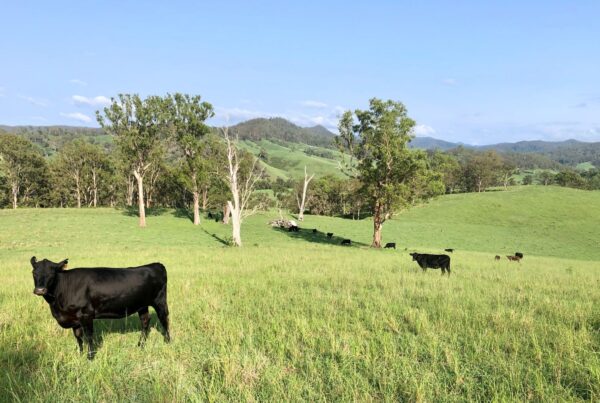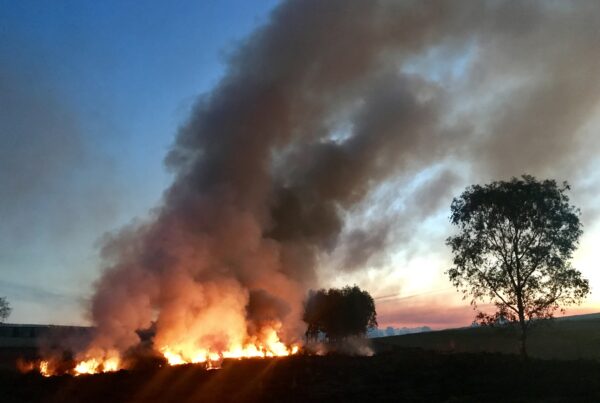29 July 2020
Media release: The business case for reducing on-farm carbon emissions stronger than ever
Victorian primary producers must consider the opportunity cost of not installing on-farm renewables, a pioneer in the field says.Karin Stark is a NSW cotton and wheat farmer who two years ago installed a 500kW solar diesel hybrid irrigation pump on her property, which she estimates is saving the family business about $180,000 annually and will pay itself off within five years.
Ms Stark will speak on Friday at a free, online summit held by the Farmers for Climate Action.
The summit is the second of three events that will examine the risks and opportunities that underpin Farmers for Climate Action’s Regional Horizons economic stimulus program.
The first considered climate change risk, Friday’s event will explore on-farm opportunities and a third event will consider strategies for community and farm resilience.
All primary producers and others working in the agriculture industry are invited to attend.
Ms Stark said the high capital cost of installing on-farm renewables and a reluctance to take on debt could be barriers to farmers investing in solar for their properties.
“There is a lack of understanding in both the agricultural and financial sectors of just how strong the business case for on-farm renewables really is,” she said.
“Farmers have very specific energy needs and we need to ensure that renewables suppliers understand that they operate very differently to other businesses.
“But solar panels are so much cheaper than they once were, so I want to encourage farmers to consider the opportunity cost of not investing now and securing much cheaper energy for themselves in the long term.”
Meat and Livestock Australia’s manager of sustainability innovation Doug McNicholl will also address the summit.
He said the CSIRO had shown that the red meat industry could achieve carbon neutrality by 2030 without reducing herd numbers.
At the Regional Horizons summit he will discuss the technologies and practices primary producers are adopting now, as well as what is on the horizon for producers to reduce emissions and remain profitable.
He will also offer practical tips on how to get started.
“Reducing net emissions in the Australian red meat industry must go hand-in-hand with improving on-farm productivity and reaching new markets.
“It also helps cement the Australian red meat industry’s long-standing reputation as a provider of clean, safe and responsibly-produced protein.
“For those reasons, achieving carbon neutrality offers real opportunities for the 80,000 businesses in Australia’s world-leading red meat industry.
“It all starts with the producers, the people making the decisions on the ground.
“I’m looking forward to talking with producers about the steps they can take towards a profitable, carbon neutral future, as well as the support industry needs for the Carbon Neutral 2030 Initiative to be a success.”
Find out more about the Regional Horizons summits here.
To interview Karin Stark, contact Lara Nicholson on 0431 050 768 or [email protected].






